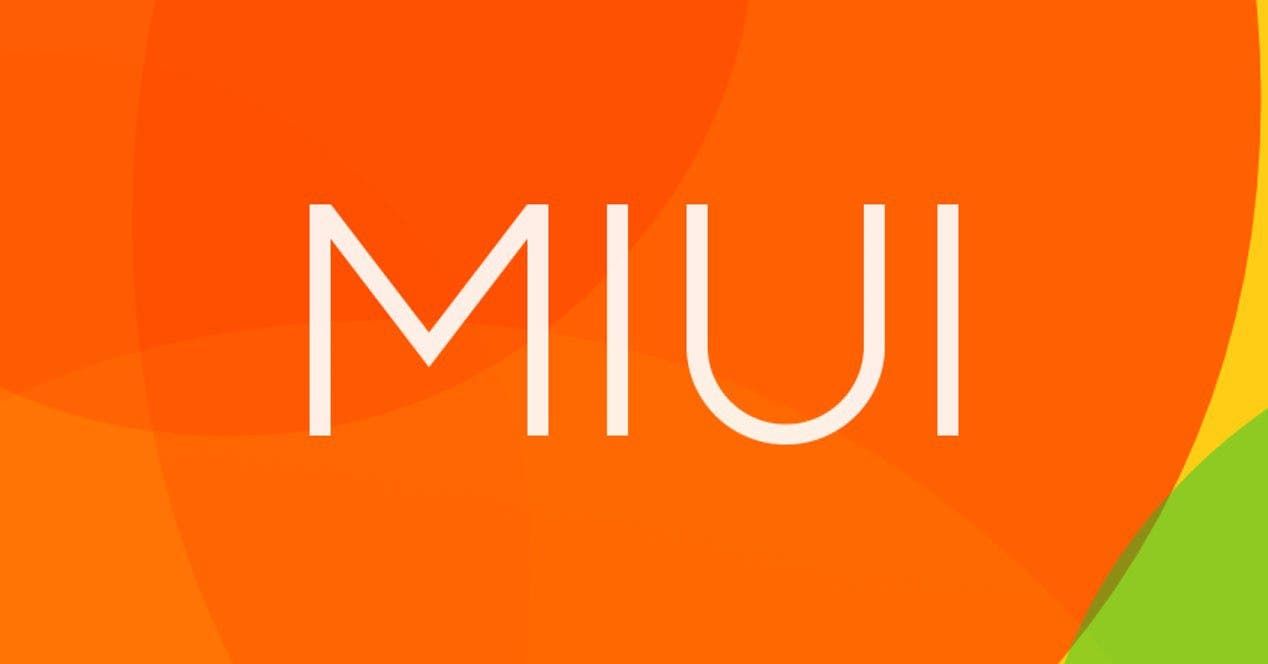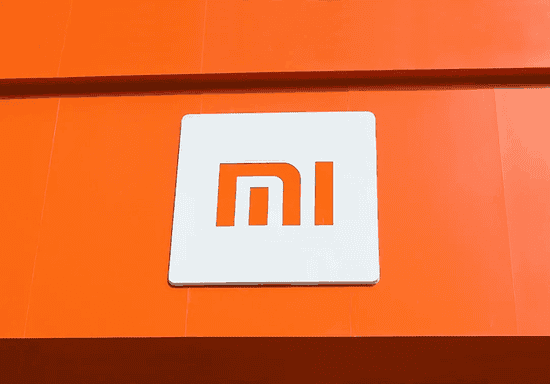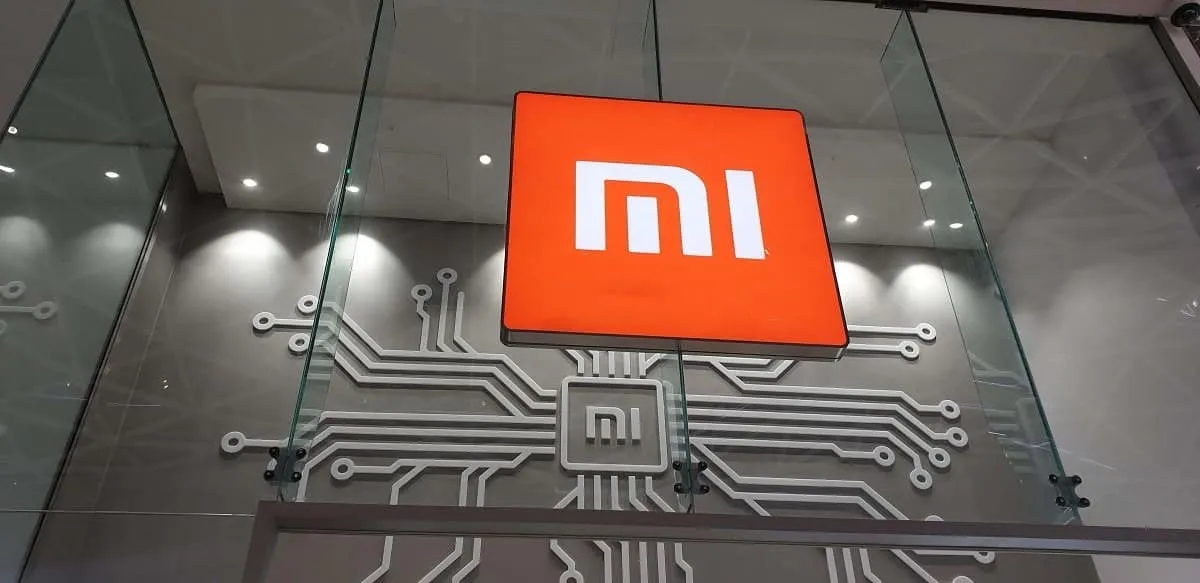Users in China have found that MIUI does not allow installing Google services in their Xiaomi devices anymore.
Google Mobile Services is required to use key Google applications, including the Google Play store. However, in China, some manufacturers do not install Google Mobile Services on their smartphones, as there are many alternative stores that have all kinds of applications available to users.
Some users who prefer Google apps and services can install them themselves. However, now MIUI users (with the newest MIUI 12.5) are reporting that they cannot install Google Mobile Services.
In a small official statement, Xiaomi says that this feature is no longer supported. We will update the post as more details become available.
Update: Xiaomi has confirmed that smartphones that do not initially come with Google's service platform can no longer install the company's services and applications. Most devices in China do not support GMS because Google services are banned in the country. Xiaomi did not disclose the list of models affected by this policy change, however, Redmi K30 Ultra and Redmi 10X 5G users have confirmed that they are no longer able to install Google apps.

Xiaomi sues the U.S. Department of Defense and the Treasury
A couple of Chinese manufacturers has been facing a huge battle with the U.S. in recent times. Since most of the advanced technologies for developing end products are American, a ban from the U.S. is a big deal. Huawei has been handling the U.S. ban for years now but we all knew that it's only a matter of time before other Chinese smartphone companies face the same battle. Considering its recent addition to the U.S. entity list, Xiaomi is taking a bold step. Xiaomi Group issued an announcement on the Hong Kong Stock Exchange stating that it is suing the US Department of Defense and the US Treasury Department.

The company is suing these departments in the U.S. District Court for the District of Columbia. Xiaomi is suing these departments for recognizing the company as a "Chinese military company". The Chinese manufacturer claims that there are procedural unfairness and factual identification errors. In order to protect the interests of the company's global users, partners, employees, and shareholders, it is asking the court to declare the decision illegal and revoke the decision.
Prior to this, the US government included 9 Chinese companies on the blacklist for having ties to the Chinese military. Xiaomi is one of these nine companies. According to the ban instructions, US investors must sell their shares in "blacklisted" companies before November 11 this year.
Obviously, the U.S. has its reasons for blacklisting these companies. If the U.S. government has evidence of the allegations against Xiaomi, they are not in the public domain. It will be unfair to blacklist a company without real evidence of wrongdoing. Thus, we believe that the U.S. will be able to prove its case in court. Nevertheless, Xiaomi will now have to face similar issues with Huawei. However, Huawei's situation is much more stringent than Xiaomi's.
Xiaomi's ban limit is better than Huawei's
Xiaomi can still use American technology on its devices. The Chinese manufacturer can still collaborate with American companies. This means that it can still use Snapdragon chips as well as Google Mobile Services. However, the use of its devices will have a limit in the U.S. In addition, American investors can not remain in the company. They have about 10 months to have any shares they have in the company. In Huawei's case, it can not use American technology especially those that relate to 5G. It can not also cooperate with American companies.
Although there is a new administration in the U.S., it does not seem to prioritize trade issues with China. Thus, it may take some time, maybe years, to sort out these issues between the U.S. and China.






Place comments
0 Comments
You are currently seeing only the comments you are notified about, if you want to see all comments from this post, click the button below.
Show all comments